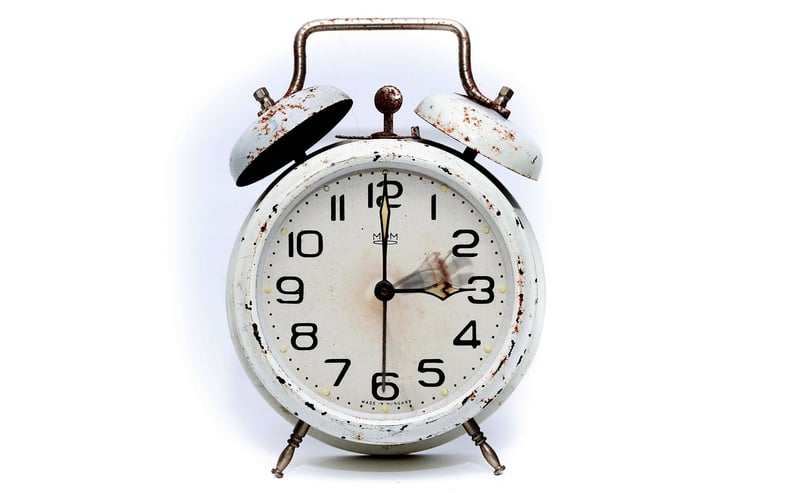Temporal Paradoxes
The Intriguing Intersection of Moral Considerations and Temporal Paradoxes
Time travel has long been a captivating concept in science fiction, raising profound questions about the implications of altering the past or future. When exploring the realm of temporal paradoxes, one cannot ignore the ethical dilemmas that arise from the ability to manipulate time. Let's delve into the fascinating interplay between moral considerations and temporal paradoxes.
The Grandfather Paradox
One of the most famous temporal paradoxes is the Grandfather Paradox, which posits a scenario where a time traveler goes back in time and prevents their grandfather from meeting their grandmother, thus preventing their own birth. This paradox challenges the notion of causality and raises questions about the morality of altering one's own existence.

Ethical Ramifications
Time travel introduces complex ethical considerations. Should one intervene in historical events to prevent tragedies, knowing the potential consequences on the timeline? What moral responsibilities come with the power to change the course of history?
Utilitarian vs. Deontological Ethics
Utilitarian ethics might argue for maximizing overall happiness by altering the past to prevent suffering, while deontological ethics could emphasize the importance of following moral principles regardless of the outcomes. The clash between these ethical frameworks adds another layer of complexity to temporal paradoxes.
Temporal Prime Directive
Similar to the Prime Directive in Star Trek, some propose a "Temporal Prime Directive" that prohibits interference with the natural flow of time to avoid unintended consequences. This directive reflects a precautionary approach to navigating the ethical minefield of time travel.

Conclusion
The intertwining of moral considerations and temporal paradoxes presents a thought-provoking landscape for exploration. As we ponder the implications of altering the past or future, we are forced to confront fundamental questions about ethics, causality, and the nature of existence itself.
Ultimately, the intersection of moral dilemmas and temporal paradoxes serves as a reminder of the delicate balance between our actions and their repercussions across time and space.
